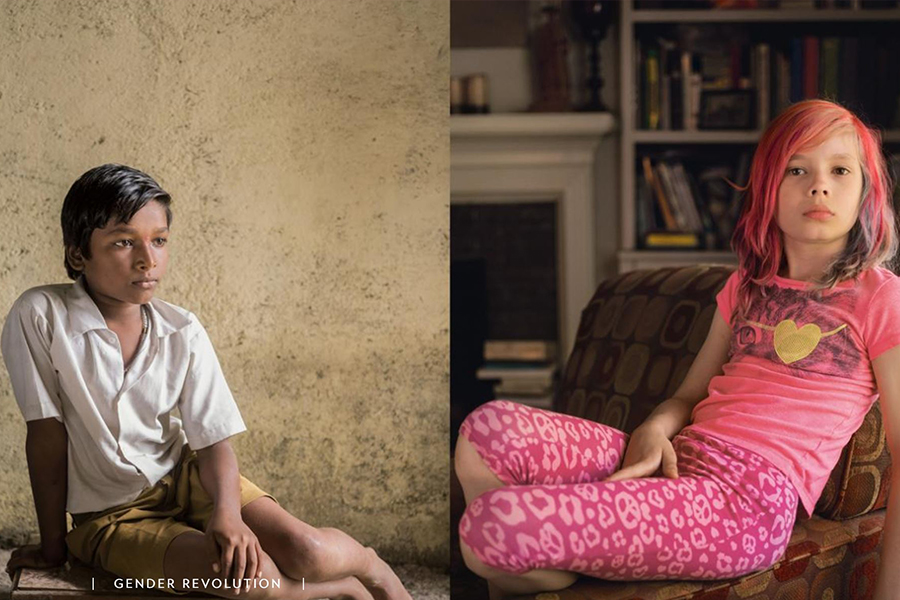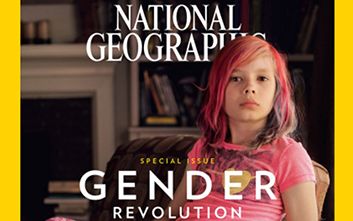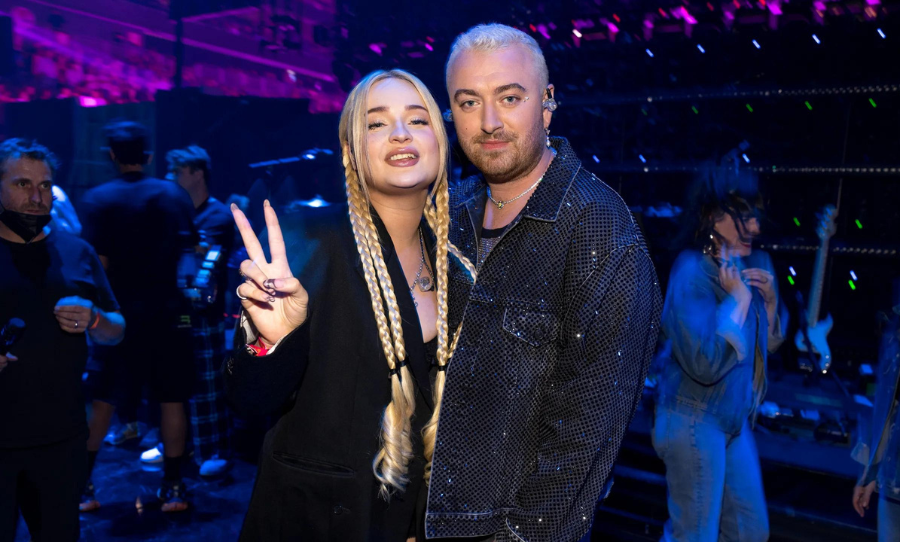National Geographic have published their January 2017 issue about gender, featuring a transgender person on their cover for the first time.
Avery Jackson is the courageous cover girl, a nine-year old from Kansas City who made headlines back in 2015.

Titled Gender Revolution, the audacious issue by National Geographic aims to create awareness on the complex issues surrounding gender on a personal and global level.
Transgender people and their families have a platform to shape and share their own stories – a vital angle often neglected and misunderstood.
The gender issue has received a multitude of varied opinion. Since going viral on social media, the reception has been an interplay of pride and disgust. An alternative cover includes seven young people who identify with diverse genders.
We just published our historic special issue of @NatGeo on the #GenderRevolution. Get one at 1-800-777-2800.https://t.co/pXvHw5Kjz9 pic.twitter.com/jbjj48wb96
— Susan Goldberg (@susanbgoldberg) December 15, 2016
“These comments are a small part of the profound discussion going on right now about gender. Our January issue focuses mostly on young people and how gender roles play out around the world,” Editor in Chief Susan Goldberg writes.
One feature of the gender issue is a story-turned-video series including a discussion with 80 nine-year olds on how “gender influenced their lives.” Avery Jackson is one of these children, who, since the age of five, has “lived as an openly transgender girl.”
In a YouTube video in May 2015, Avery shared her story about not identifying with the gender she was assigned at birth, as well as the emotional turmoil she experienced before telling her parents.
“Many of us learned in high school biology that sex chromosomes determine a baby’s sex, full stop: XX means it’s a girl; XY means it’s a boy. But on occasion, XX and XY don’t tell the whole story,” Robin Marantz Henig writes.
National Geographic’s Gender Revolution issue exemplifies the varied, and often dangerous, side effects of gender ideology around the globe. In Mumbai, a young girl hoping to become a doctor, Nasreen Sheikh, feels the predetermined limitations of her assigned gender, “If I were a boy,” she says, “I would have the chance to make money … and to wear good clothes.”
Goldberg writes, “we hope these stories about gender will spark thoughtful conversations about how far we have come on this topic—and how far we have left to go.”



